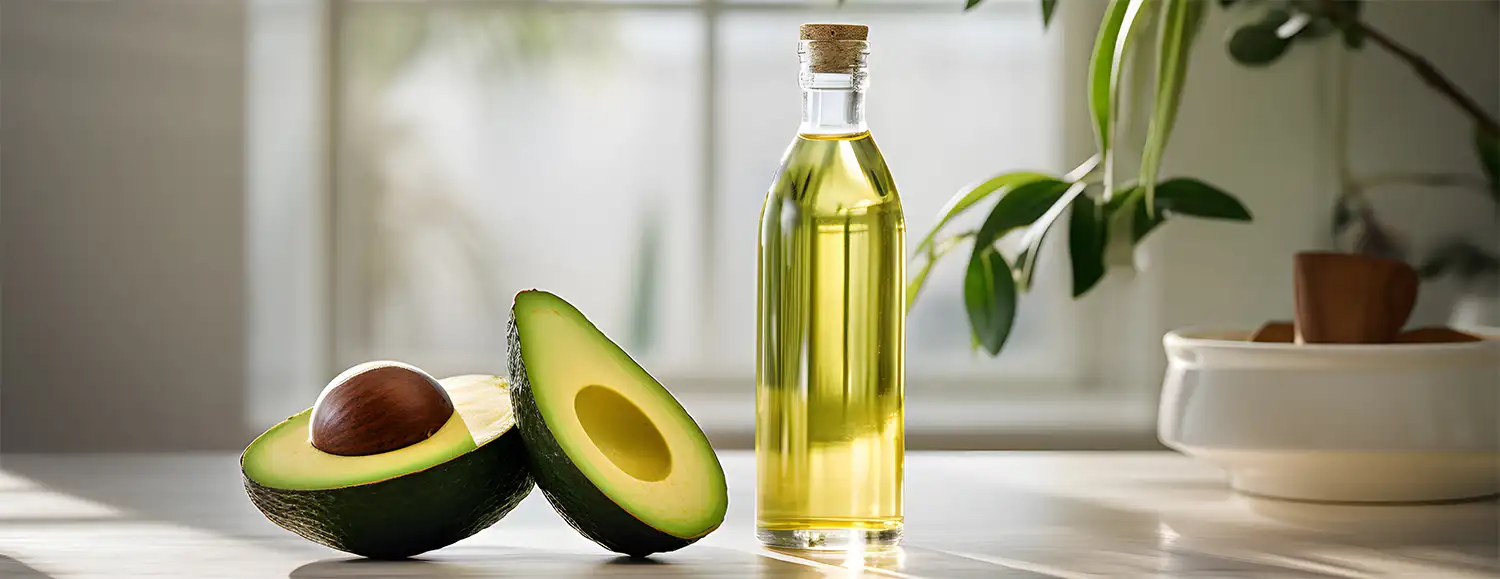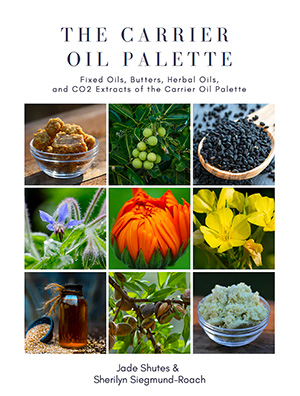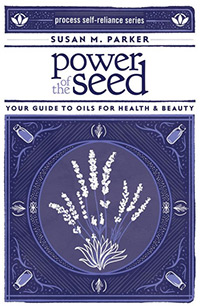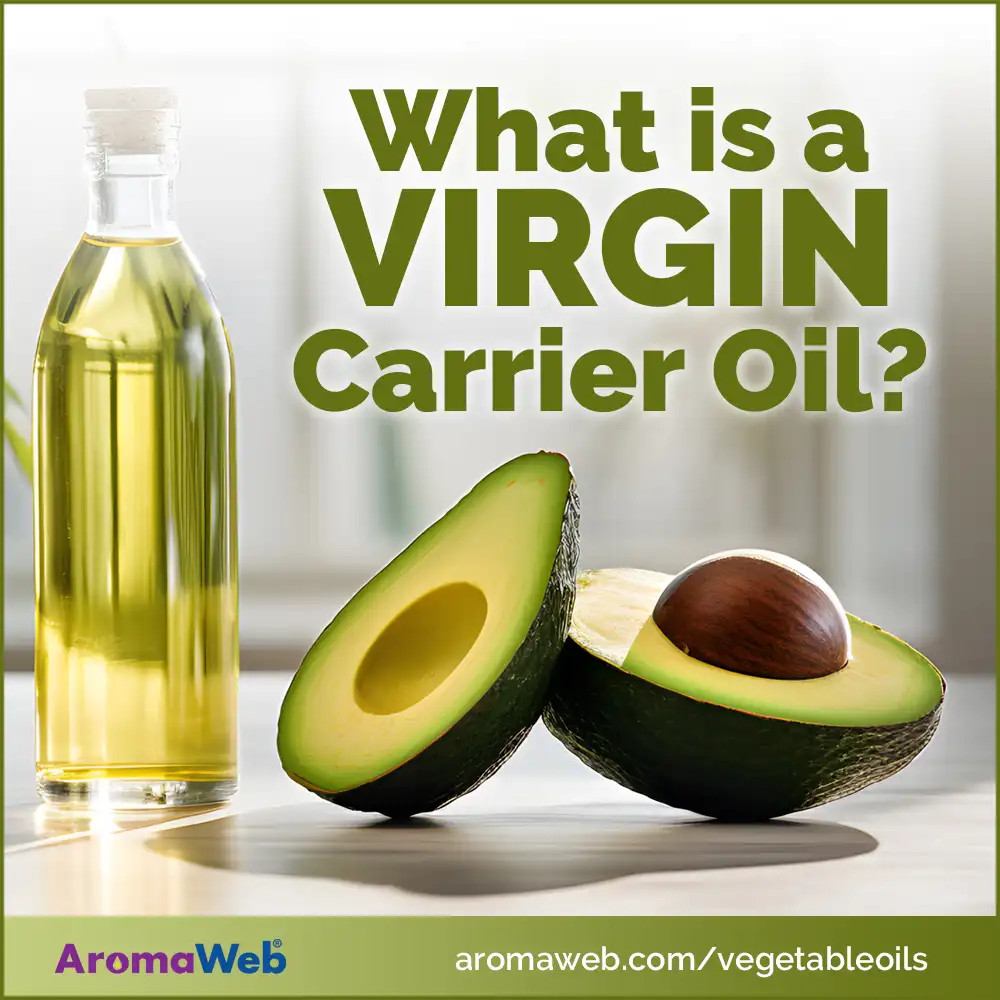What is a Virgin Vegetable Oil (Carrier Oil)?

Vegetable Oils are traditionally known as Carrier Oils when used in the context of essential oils and holistic aromatherapy.
Carrier oils are fatty oils that are used dilute essential oils so that the essential oils can then be applied safely to the skin. Jojoba, Sweet Almond Oil and Fractionated Coconut Oil are examples of popular carrier oils. Read a longer Introduction to Carrier Oils and view many profiles in AromaWeb's Carrier Oil Profile Directory.
Carrier oils vary in their quality and nutritive benefit to the skin, depending upon the botanical used, how the oil was produced, how old the oil is and how it has been stored.
Definition of a Virgin Carrier Oil
The term virgin is used to describe a carrier oil that has been cold pressed and that has not undergone any type of refinement process except for filtering the oil to remove any particles after the pressing is complete.
Within the scope of holistic aromatherapy and within natural skin care, virgin carrier oils are preferred by many.
What Vegetable Oils are Not Considered to Be Virgin Carrier Oils?
Oils that are not cold pressed are not considered to be virgin oils. Oils that are refined, even those that have been cold pressed, are also not considered to be virgin oils.
Some oils are cold pressed but are then refined to deodorize, bleach or winterize the oil. Some oils are expeller pressed at temperatures that are too hot to allow them to be classified as cold pressed oils. Other vegetable oils are produced through solvent extraction methods.
The Advantages of Virgin Carrier Oils
Generally speaking, virgin carrier oils have undergone the least amount of processing. Therefore, virgin carrier oils retain more of their natural composition, color and aroma than do carrier oils that have incurred any type of refinement processes.
The Disadvantages of Virgin Carrier Oils
The shelf life of virgin carrier oils is often much shorter than that of refined oils.
Virgin carrier oils tend to be more expensive, and they can be harder to find.
Virgin carrier oils also typically retain more of their original nutty or fatty aroma than that of refined oils that have been deodorized. The scent or odor of the carrier oil used in a blend can be an important consideration for the overall aroma of the finished aromatherapy blend or essential oil formulation.
Virgin carrier oils also tend to retain more of their natural color than refined oils that have not been bleached or decolorized. The natural color can potentially be a disadvantage if it isn't suitable for the desired color for the finished product.
Important Information
The information provided on AromaWeb is for educational purposes only. This data is not considered complete and is not guaranteed to be accurate.
General Safety Information
Use caution when trying any new ingredient, including carrier oils on the skin or in the hair. Those with nut allergies should consult their medical practitioner before coming into contact with nut oils, butters or other nut products. Do not take any oils internally without consultation from a qualified aromatherapy practitioner. Safety information can be found by visiting the Safety Information page. For very in-depth information on oil safety issues, read Essential Oil Safety by Robert Tisserand.
Carrier Oil Book Suggestions
Click on a book's title to view details and read a full review for the book. Visit AromaWeb's Books area to find details about many other essential oil and aromatherapy books.

The Carrier Oil Palette: Fixed Oils, Butters, Herbal Oils, and CO2 Extracts of the Carrier Oil Palette
Authors: Jade Shutes & Sherilyn Siegmund-Roach

Power of the Seed: Your Guide to Oils for Health & Beauty
Author: Susan M. Parker

Carrier Oils for Aromatherapy & Massage
Authors: Len Price with Ian Smith & Shirley Price
